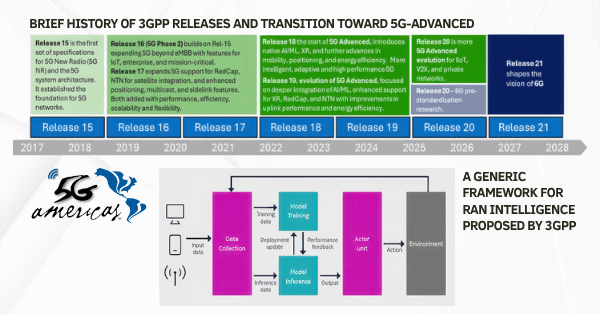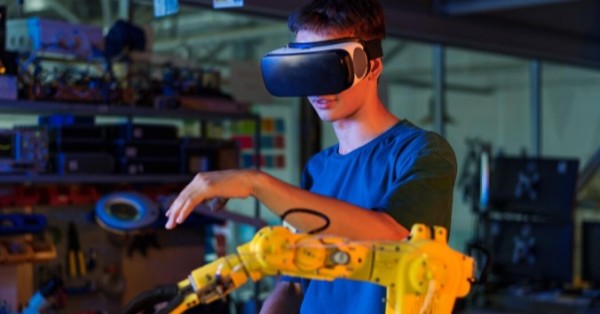IBM CEO Study 2024: Generative AI as a Key Productivity Driver
The IBM Institute for Business Value’s (IBV) 2024 CEO Study, released on June 27, 2023, reveals that productivity has become the top priority for nearly half (48%) of CEOs, with generative AI playing a critical role in achieving this goal. The study, which surveyed over 2,500 CEOs across 30+ countries and 26 industries, highlights that technology modernization, particularly generative AI, is seen as essential to boosting productivity. However, challenges such as data security, cited by 57% of respondents, and concerns about bias or data accuracy, mentioned by 48%, persist.
How CEOs Are Integrating Generative AI into Business Strategies
The findings show that 50% of CEOs are already integrating generative AI into products and services, and 43% use it for strategic decisions. Despite this, only 29% of executive teams feel ready to adopt generative AI responsibly. Workforce impacts are significant, with 43% of CEOs having adjusted their workforce due to generative AI and 28% planning to assess its impact on their workforce in the next 12 months.
CEOs’ Strategic Shifts and Challenges with Generative AI
Strategically, CEOs are focusing on fewer, high-quality partnerships to leverage expertise, with 55% indicating that changing strategic priorities demand reconfiguring core business partnerships. They face a paradox where generative AI offers significant productivity gains but requires accepting substantial risks, with 67% agreeing that potential productivity gains from automation justify significant risk-taking to stay competitive.
Governance and C-Suite Collaboration Essential for AI Success
The study also emphasizes the importance of governance and collaboration within the C-suite for successful generative AI adoption, with 65% of CEOs tying organizational success to the quality of collaboration between finance and technology functions. CEOs are concerned about balancing short-term targets with long-term technological investments, with 66% saying that focusing on short-term performance is the top barrier to innovation.
IBM’s Key Recommendations for Generative AI Adoption
Jesus Mantas, Global Managing Partner at IBM Consulting, notes that “Generative AI can reduce the barriers to AI adoption, driving a new wave of productivity, efficiency, and quality of service across industries.” Similarly, Roberto Tomasi, CEO of Autostrade per l’Italia, underscores the need for flexibility by stating, “Each day, it is very important to review your vision and be willing to change.”
The study recommends that CEOs invest in retraining and reskilling employees to handle generative AI, cultivate high-quality partnerships aligned with AI ethics and strategic goals, and establish AI governance during the design phase to ensure secure and ethical implementation.
Balancing Risks and Rewards: Embracing Generative AI for Growth
In conclusion, CEOs must balance caution and courage, embracing generative AI to drive productivity and top-line growth while navigating risks and workforce challenges. For successful adoption, leaders need to reimagine operational models, foster a culture of innovation, and build robust partnerships. For the full study, visit the IBM CEO Study.
Capgemini Report: Generative AI’s Impact on Software Engineering
The Capgemini Research Institute’s report, “Turbocharging Software with Gen AI,” explores the benefits, challenges, and future prospects of Generative AI (GenAI) in software engineering. The report, which was surveyed by 1,098 senior executives and 1,092 software professionals, offers insights into how organizations can maximize GenAI’s potential.
Generative AI Benefits: Enhanced Innovation and Productivity in Software
The primary benefits of GenAI include enhanced innovation, improved software quality, and increased productivity. Approximately 61% of organizations observed enhanced innovation, particularly in developing new features and services. Thanks to GenAI’s capabilities in code generation and error reduction, 49% of respondents reported improved software quality. Furthermore, organizations saw a 7-18% productivity improvement, with coding assistance and documentation showing the highest time savings at 34% and 35%, respectively.
Early Adoption Trends and Future Prospects of Generative AI
Despite its potential, GenAI adoption is still in the early stages. Currently, 27% of organizations are running pilots, and 11% have started leveraging GenAI. However, adoption is expected to rise sharply, with 85% of the software workforce anticipated to use GenAI tools by 2026.
Addressing Challenges and Risks in Generative AI Implementation
The report highlights several challenges that need to be addressed for effective GenAI implementation. Only 27% of organizations have the necessary platforms and tools, and 32% have the required talent. Unauthorized usage of GenAI tools by 63% of software professionals poses significant security, legal, and functional risks. Additionally, more than three in five organizations lack a governance framework and upskilling programs for GenAI, leading to issues like hallucinated code, IP problems, and security vulnerabilities.
Effective Strategies for Maximizing Generative AI Potential
To fully realize GenAI’s potential, organizations should focus on selecting and prioritizing high-benefit use cases, such as coding assistance, documentation, and testing. It is crucial to implement a thorough risk management approach that addresses security, IP, and code leakage. Transforming software teams by augmenting them with GenAI assistants and ensuring proper training and upskilling are also essential steps.
Positive Impacts of Generative AI on Software Professionals’ Job Satisfaction
GenAI has a positive impact on job satisfaction among software professionals. About 69% of senior software professionals and 55% of junior professionals report high levels of satisfaction. Additionally, 78% of software professionals are optimistic about GenAI’s potential to enhance collaboration between business and technology teams.
Capgemini Insights: The Transformative Potential of Generative AI in Software
The Capgemini report underscores the transformative potential of GenAI in software engineering. Organizations can significantly enhance innovation, productivity, and job satisfaction by addressing foundational prerequisites, implementing effective governance, and focusing on high-impact use cases. As GenAI adoption accelerates, its role in shaping the future of software engineering will become increasingly pivotal. For the full report, visit Gen AI in Software






























